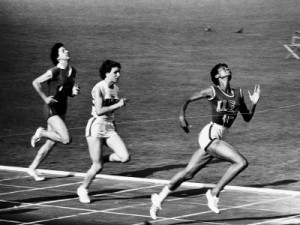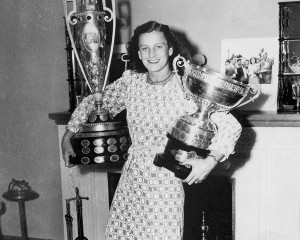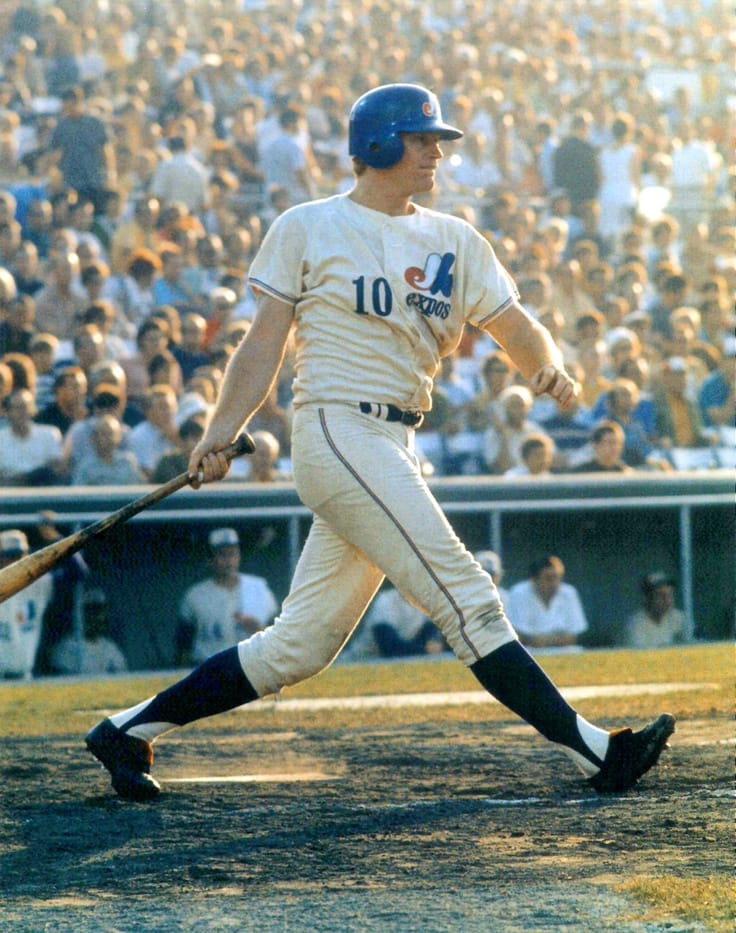Posted on
June 09, 2011 by
Rod Crowley
 By the end of the 1960’s the West Indies, under the inspired leadership of the game’s greatest ever player, Sir Garfield Sobers, had established themselves as the dominant cricket team in the world. Fifty years later they are almost nowhere to be seen!
By the end of the 1960’s the West Indies, under the inspired leadership of the game’s greatest ever player, Sir Garfield Sobers, had established themselves as the dominant cricket team in the world. Fifty years later they are almost nowhere to be seen!
The decline of cricket in the West Indies probably began in the mid 1980s but only became truly noticeable ten years or so later. At that time they still had the basis of a very strong bowling attack with Courtney Walsh and Curtley Ambrose assuming the mantle from the formidable quicks of the past. Bowlers such as Wes Hall, Charlie Griffith, Michael Holding, Malcolm Marshall, Joel Gardner and Andy Roberts to name but just a few who were all capable of putting the fear of the God’s into any batsman brave enough to face them at the crease, never failing to take wickets in the process.
In the 90s they also had Brian Lara, who arguably was the best batsman on the planet at that time, although Sachin Tendulkar fans would argue vehemently to the contrary. Lara came off the same conveyor belt of batsman as those before him, players who would play with ferocity, flair, style, timing and always with golden smiles on their relaxed faces. Who could possibly forget the contributions made at the crease by the likes of Sobers, Sir Viv Richards, Clive Lloyd, Desmond Haynes, Gordon Greenidge and Alvin Kallicharan?
From 1976 until 1991, the West Indies won 59 of 122 tests played, losing only 16 and were easily the best test team in the world. They soon became the best one day team in the world too, particularly once that version of the game began to flourish worldwide. Had T20 been around during those days, the other countries simply would not have turned up for the T20 World Cup, it would have been totally unfair.
Throughout the last century, each generation of West Indies cricket teams spawned their successors, cricket was the only game in those beautiful islands that anyone wanted to play. The stadium’s were crammed every match with the most colourful and musical crowds seen anywhere in the game. They were usually royally entertained by one or two outstanding innings played by one or two of their many outstanding batsmen. They relished too the cowering opposing batsman who had the temerity to stand up to their bowlers, before either having their wickets smashed or their fingers broken. It was often said that the short balls bowled by a West Indies bowler broke more hearts than it did digits!
Those halcyon days of West Indies cricket however seem to be over, other influences have arrived in the islands, mostly from their near neighbours, the USA. The extremely talented sportsmen the islands have always boasted are being tempted to try their hands at American sports while others take advantage of the educational facilities that become available to them from the States. Olympic Games 100 metre sprint champion, Usain Bolt, is a typical example of what outstanding athleticism can earn. He is already a multi-millionaire which is something that would have been impossible for him to achieve had he taken up his first sporting love, cricket, as his sport.
Many others are finding themselves involved in professional baseball and basketball, where money is the incentive and cricket is the forgotten. TV audiences in the country switch on to American TV these days dragging them further away from their sporting heritage and their potential future players further away from the game.
As it stands currently, the West Indies are ranked as the number seven of nine test playing teams in the world and are at number eight in the ODI rankings. Some are even suggesting that they may have to qualify to be involved in the next ODI World Cup, with teams like Zimbabwe, the Netherlands and Ireland threatening their position. All in all, it is a very sad demise and one as Michael Holding once said that they will never recover from.
Their current performances on in the series against India is evidence of just how far behind the West Indies have fall behind the game’s elite.









